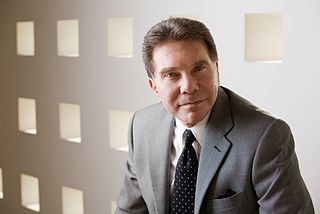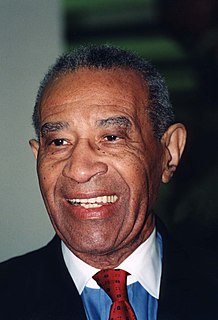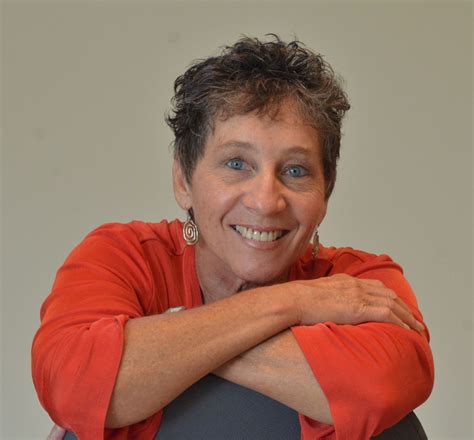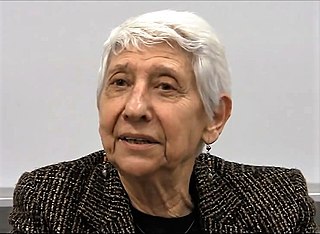A Quote by Audre Lorde
It is axiomatic that if we do not define ourselves for ourselves, we will be defined by others-for their use and to our detriment.
Related Quotes
The remarkable thing is that we really love our neighbor as ourselves: we do unto others as we do unto ourselves. We hate others when we hate ourselves. We are tolerant toward others when we tolerate ourselves. We forgive others when we forgive ourselves. We are prone to sacrifice others when we are ready to sacrifice ourselves.
We would willingly have others perfect, and yet we amend not our own faults. We would have others severely corrected and will not be corrected ourselves. The large liberty of others displeases us, and yet we will not have our own desires denied us. We will have others kept under by strict laws, but in no sort will ourselves be restrained. And thus it appears how seldom we weigh our neighbor in the same balance with ourselves.
How do we define, how do we describe, how do we explain and/or understand ourselves? What sort of creatures do we take ourselves to be? What are we? Who are we? Why are we? How do we come to be what or who we are or take ourselves to be? How do we give an account of ourselves? How do we account for ourselves, our actions, interactions, transactions (praxis), our biologic processes? Our specific human existence?
We all have different desires and needs, but if we don't discover what we want from ourselves and what we stand for, we will live passively and unfulfilled. Sooner or later, we are all asked to compromise ourselves and the things we care about. We define ourselves by our actions. With each decision, we tell ourselves and the world who we are. Think about what you want out of this life, and recognize that there are many kinds of success.
There are conversations going on about the Church constantly. Those conversations will continue whether or not we choose to participate in them. But we cannot stand on the sidelines while others, including our critics, attempt to define what our Church teaches... We are living in a world saturated with all kinds of voices. Perhaps now, more than ever, we have a major responsibility as Latter-day Saints to define ourselves, instead of letting others define us.
Most people use two totally different sets of criteria for judging themselves versus others. We tend to judge others according to their actions. It's very cut-and-dried. However, we judge ourselves by our intentions. Even if we do the wrong thing, if we believe our motives were good, we let ourselves off the hook. And we are often willing to do that over and over before requiring ourselves to change.
It is difficult to see ourselves as we are. Sometimes we are fortunate enough to have good friends, lovers or others who will do us the good service of telling us the truth about ourselves. When we don't, we can so easily delude ourselves, lose a sense of truth about ourselves, and our conscience loses power and purpose. Mostly, we tell ourselves what we would like to hear. We lose our way.
Anger is a tool for change when it challenges us to become more of an expert on the self and less of an expert on others. . . .If, however, we do not use our anger to define ourselves clearly in every important relationship we are in--and manage our feelings as they arise--no one else will assume this responsibility for us.







































